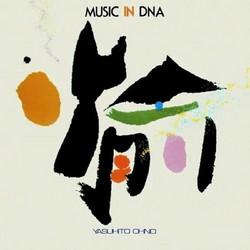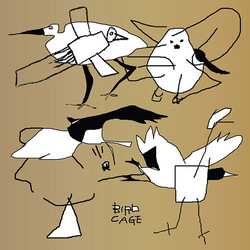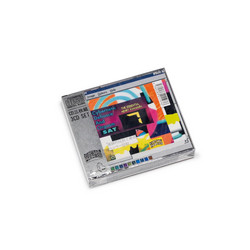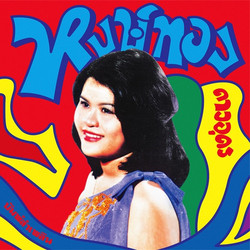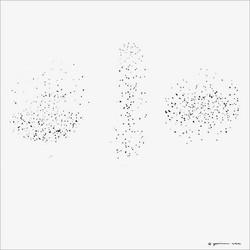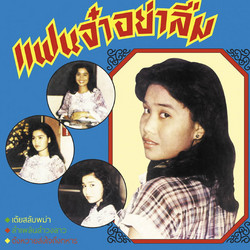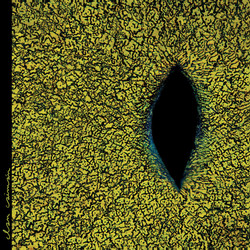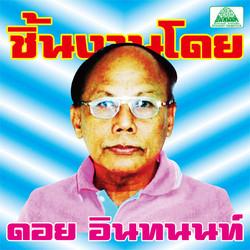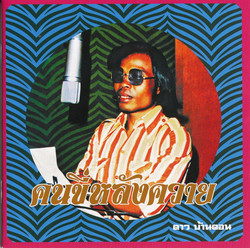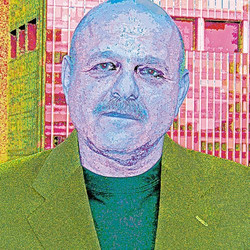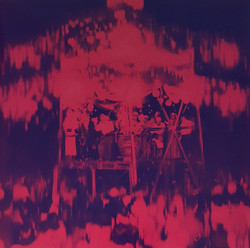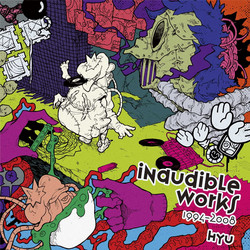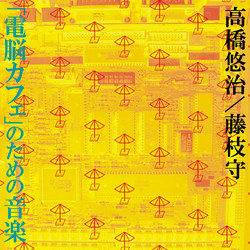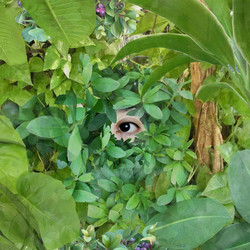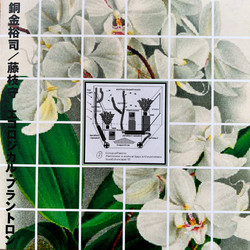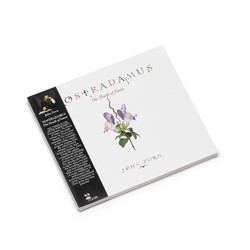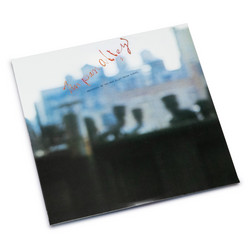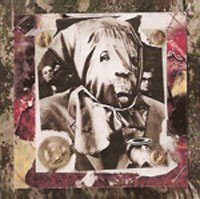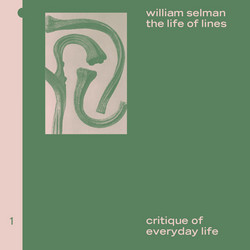Matsuo Ohno
Choju Gigaku (Play On Animals)
Em Records presents a slice of lost history unearthed for your enjoyment and delight. A first-ever reissue, on limited edition 7" vinyl of Choju Gigaku (Play On Animals), an ultra-rare 33rpm 7" flexi-disc by esteemed sound designer Matsuo Ohno, the legend behind the soundtracks for anime classics Astro Boy (1963-1966), Submarine Cassiopeia (1964) and Space Battleship Yamato (1974-1975). The original flexi-disc was released as a souvenir during the famed World Expo '70 in Osaka (think Stockhausen and Xenakis), but was available for only a brief time and soon disappeared, an object of rumor and mystery for collectors. As befitting Expo '70's remit as a meeting of world cultures, Ohno chose 6 well-loved Japanese and international songs -- and rendered them entirely in animal and bird sounds, using analog tape recordings. Choju Gigaku contains equal measures of musicality, magic, madness and mayhem, with domestic and barnyard animals combining their natural and pitch-shifted voices with the calls and cries of a multitude of birds. Eschewing musical instruments, Ohno utlized Japan's first variable-speed tape recorder to create these melodies, adding delay and reverb to the warm analog mix. The five songs on Choju Gigaku are "Sekaino Kunikara Kon'nichiwa," the theme song for Expo '70 originally sung by Haruo Minami, the Japanese traditional songs "Sakura Sakura" and "Yagi Bushi," an Italian song "Funiculi, Funicula," the Russian "Volga Boatman" and an American classic "Oh My Darling, Clementine." Recording in Sogosha studios (his production company) in Aoyama, Ohno was ably assisted by avant-garde composer/musician Takehisa Kosugi (Taj Mahal Travellers, Merce Cunningham and many others), who was an integral part of the recording process. Housed in a full reproduction of the original triple gatefold sleeve with liner notes newly written by Matsuo Ohno (in 2011).
Details
Cat. number: EM 1094EP
Year: 2011
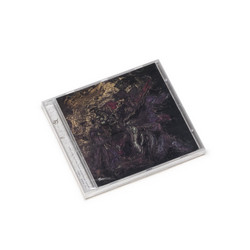
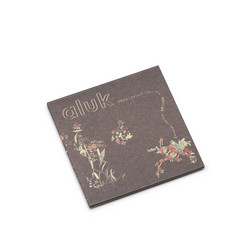
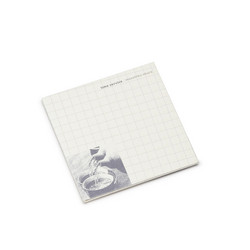
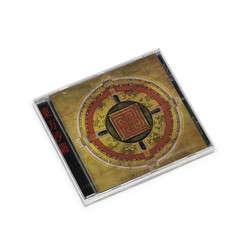
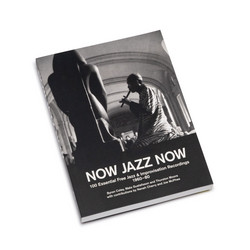
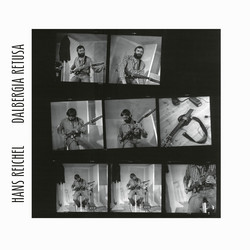
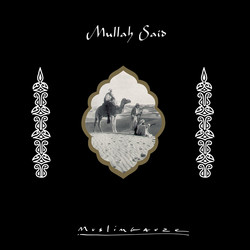
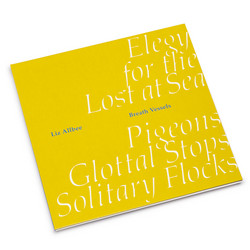

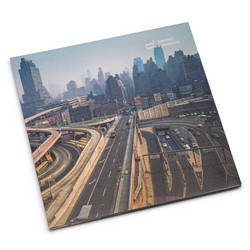
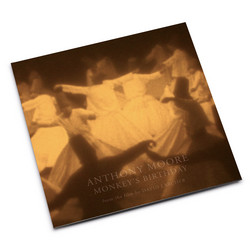

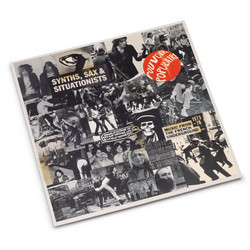
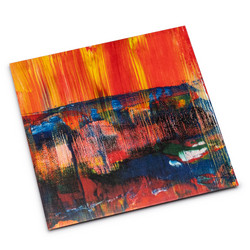
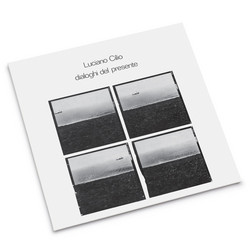
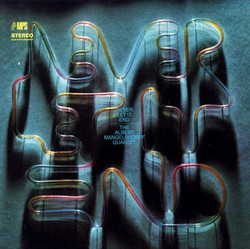
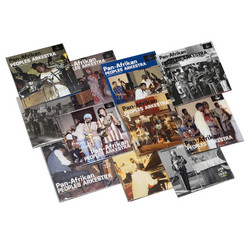
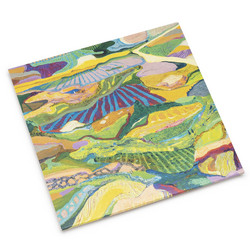
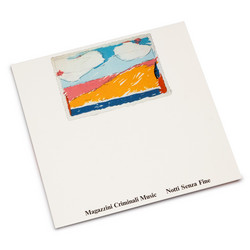
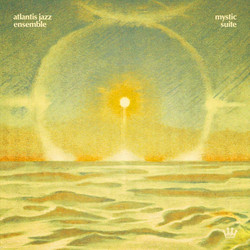
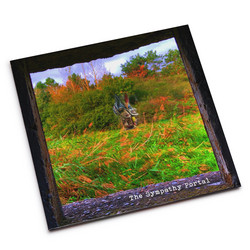

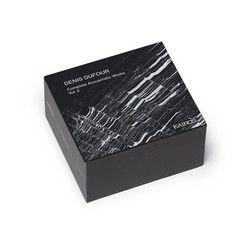

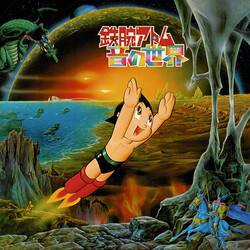
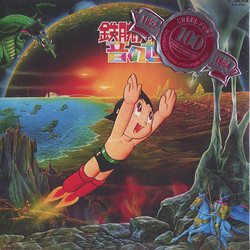
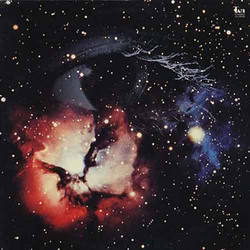
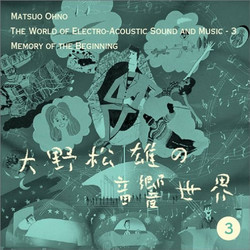
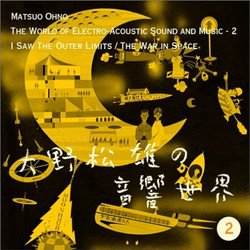
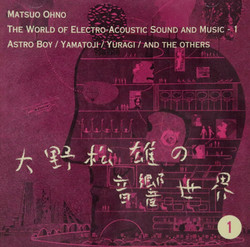

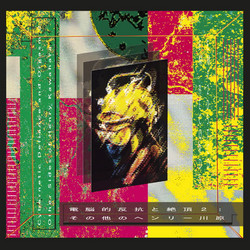
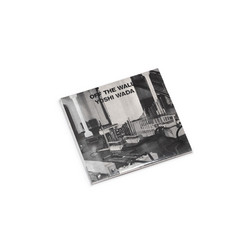
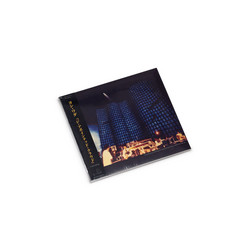
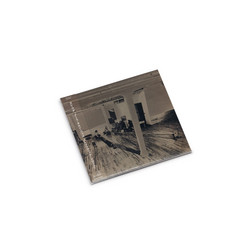
![Stealth [Gold Edition]](https://cdn.soundohm.com/data/products/2025-08/MzUtODYzNS5qcGVn.250.jpg)
